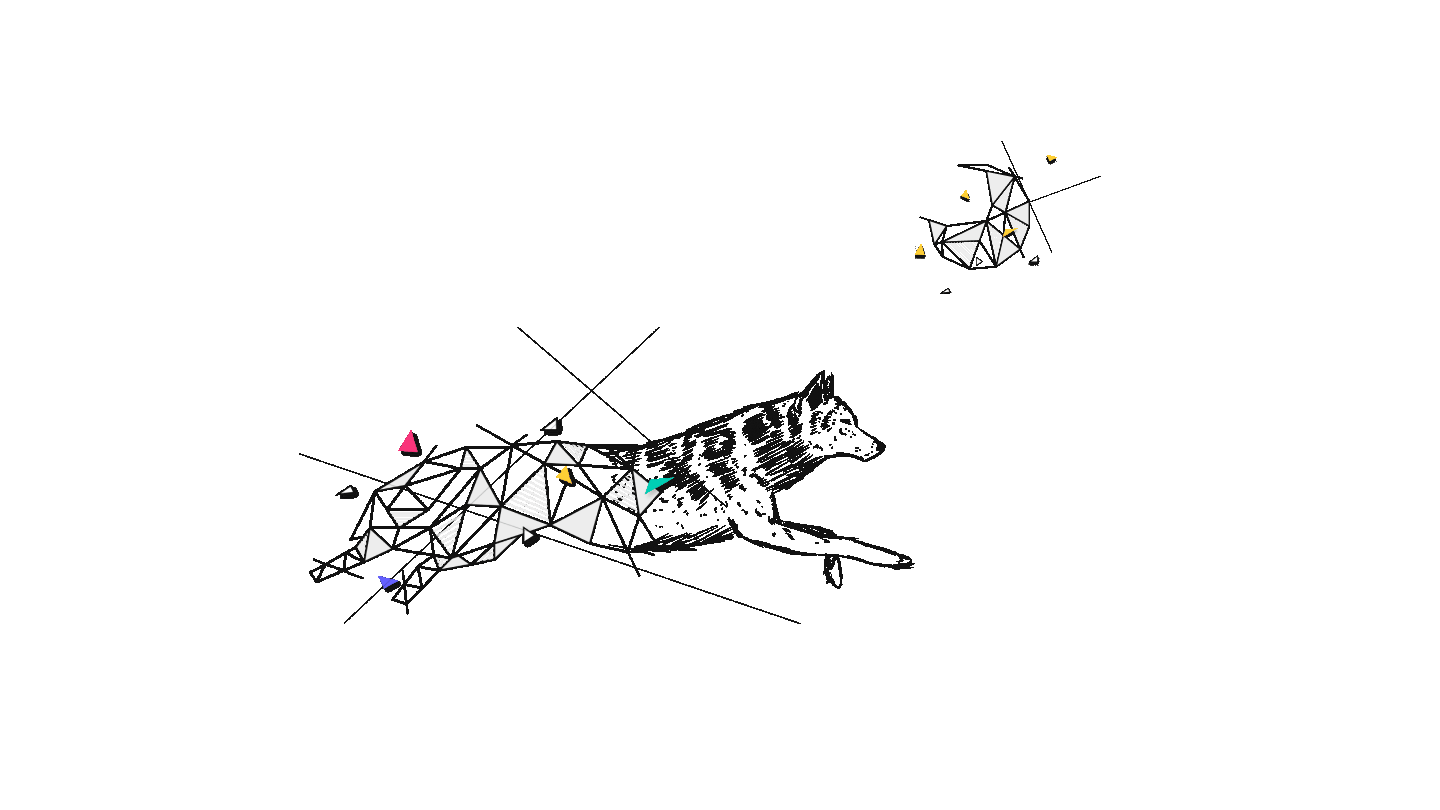Flutter apps are compiled directly into machine code, and they use the GPU to render UI components on the screen directly, without any bridge to native elements. This results in performance that is on par with native apps, providing smooth animations and transitions that feel fluid and responsive.
Since Flutter allows controlling every pixel on the screen, it makes creating highly customizable and beautiful user interfaces possible. This can be a significant advantage when building apps that need to stand out in the market.
Flutter's single codebase approach, combined with the hot reload feature, allows for faster development cycles. This reduces the time and cost associated with developing mobile apps, making it an economical choice for startups and businesses looking to develop apps quickly.
As a relatively new technology backed by Google, Flutter has seen rapid growth in its community. The growing number of contributors and the comprehensive documentation make it easier to adopt Flutter and also ensure continuous improvements and support.




















